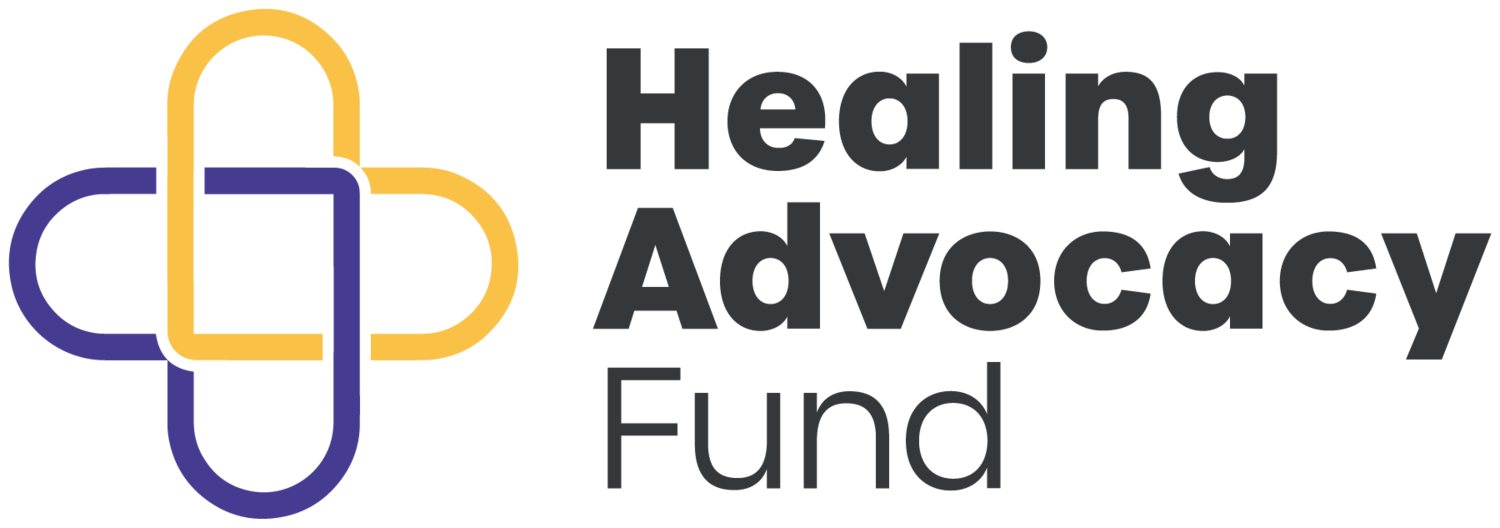Access For 2 Million Oregonians
There has been a lot of discussion over the last few months in Oregon about counties and cities opting in or out and the subsequent availability of psilocybin therapy. And while there are a number of cities and counties that are sending a psilocybin therapy ban back to their voters this November, we are gratified that 144 Oregon cities and 10 Oregon counties are moving forward with psilocybin therapy locally, including 17 of the state’s 20 most populous cities. This number represents at least 2 million Oregonians having access to psilocybin therapy in their own community or nearby next year.
In many of these places, the testimony of behavior health advocates, veterans and other supporters of this breakthrough mental health service was key to changing hearts and minds.
For an updated look at which communities are moving forward across the state, bookmark this Psychedelic Alpha map, which is updated as new information becomes available.
Horizons Recap
The Horizons Northwest conference debut in Portland, Oregon did not disappoint.
Over 400 people gathered to explore how to build a values-aligned psilocybin ecosystem over four days of learning, connection and community. Topics discussed included legal and regulatory requirements, safe and equitable access and the latest academic research on treatment outcomes. Excitement and energy were high in the room as we prepare for January.
Manufacturers & Service Centers:
Land Use Update
OHA has released the Land Use Compatibility Statement (LUCS) developed by the state’s Oregon Psilocybin Services (OPS) section, to ensure manufacturers and service center land use proposals are consistent with local government land use regulation. Those applying for a manufacturer or service center license will need to provide a LUCS to OPS to demonstrate that their proposed land use is allowable.
Are you a service center operator or interested in starting a service center?
We are embarking on a discovery process to understand how to best support prospective clinics, treatment centers and retreat centers. To get involved and stay up to date on program offerings, please sign up here.
In the News
Oregon's statewide and local news media covered the deliberations by county and city governments looking to implement or ban psilocybin therapy across the state. This sampling of stories from the last 6 weeks will give you some flavor of the ongoing discussions, including a story about a conservative lawmaker in Yamhill County whose mind was changed after hearing about the potential of psilocybin therapy to help people with depression and anxiety. Stay tuned for more attention on Oregon’s program in the weeks leading up to the November 8th election.
Don't Disregard Voters on Mushroom Therapy
Corvallis Gazette-Times
Mid-Willamette Valley voters elect local politicians who will try to represent their best interests, and most of the time, things work out pretty swell. City councilors and county commissioners take their positions seriously and generally try to listen to residents when making big decisions.
And once in a while, these officials completely disregard the will of the people.
That's happening in at least one jurisdiction on the topic of psilocybin mushrooms for therapeutic purposes.
> Read the full article
Washington County Will Stay on Board With Magic Mushrooms
Willamette Week
Washington County commissioners voted 3-2 to allow psychedelic mushroom businesses to operate in unincorporated parts of the county as planned under Measure 109, the Oregon Psilocybin Services Act, defeating a resolution and order that would have sent the measure back to voters in November, as many Oregon counties intend to do.
_______________________
“All you have to do is Google ‘OHA and psilocybin,’ and if you’re not sure how to spell it, it’s P-S-I-L-O-C-Y-B-I-N,” Harrington said. “It makes it very clear that research suggests that psilocybin may help reduce depression, anxiety—including end-of-life anxiety—problematic alcohol and tobacco use, and trauma related disorders, including PTSD,” Harrington said.
_______________________
Oregonians in Dozens of Counties, Cities Will Vote on Psilocybin Bans in November
Oregon Capital Chronicle
Oregonians in 57 cities and 26 of the state’s 36 counties will vote in November on banning or postponing psilocybin treatment centers and the production of psilocybin products in their areas.
Psilocybin was first approved by state voters in 2020 with almost 56% of the vote supporting Measure 109. The vote made Oregon the first state in the nation to legalize such treatment. The program will be launched by the Oregon Health Authority in January.
But the measure included a process for cities and counties to back out of legalization, allowing a vote on local bans or a two-year moratorium before joining the rest of the state. They had until Aug. 19 to file paperwork with the Secretary of State’s office to put it on the November ballot.
> Read the full article
“I’m Very Proud”: Yamhill County Chair On Vote To Allow Psilocybin Treatment Centers In A Rural Oregon County
Breakthrough Bulletin
The dust has settled after months of debate in city and county governments across Oregon, and it is now clear that nearly two million Oregonians will have access to psilocybin treatment where they live. Breakthrough Bulletin sat down with Lindsay Berschauer, a Republican, who serves as Chair of the Yamhill County Commission—one example of a more rural, somewhat more conservative county that chose to allow psilocybin production and treatment within its borders. Voters in Yamhill County voted 50.1% to support psilocybin therapy, a decision its commissioners ultimately chose to support.

